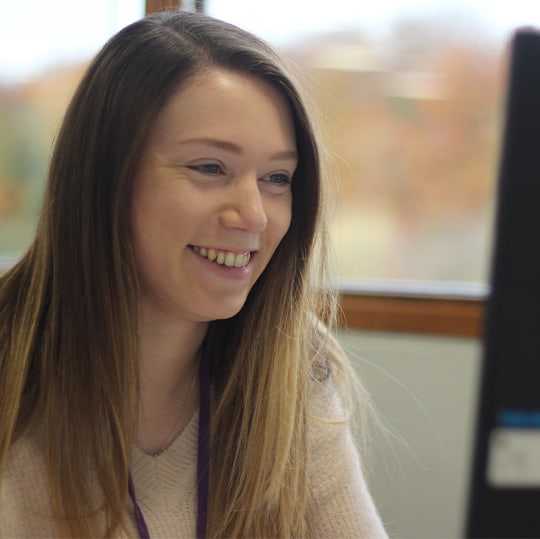
Patient support programmes (PSPs) provide help, information and advice to patients, from diagnosis through treatment.
They aim to help patients understand their condition, improve adherence and ultimately achieve better outcomes. But what if you had a situation where patients knew more than the healthcare professionals (HCPs) treating them? With rare disease, that’s often the case.
The real rare disease experts
People with rare diseases, and their parents and caregivers, are more vocal and engaged than most. It’s hardly a shock – they haven’t had an easy ride, and 40% are misdiagnosed at least once. It takes on average six years and 7.3 HCPs to get an accurate diagnosis.
And even once they have been diagnosed, it can be an unpleasant surprise to discover their doctor has limited knowledge about their condition. It’s no wonder that many patients take their education into their own hands.
By definition, people with rare diseases are unlikely to find anyone nearby with the same condition. So they turn to the internet. They find tight-knit communities on forums and in social media groups – even creating their own if they don’t exist already – where their questions are answered and they can help others in return.
They spend hours scouring the latest research and wading through medical jargon meant for clinicians with years of experience. They get involved with patient organisations, from fundraising and events to advocacy for research funding and treatment access.
Once back in the clinic, they’re the ones schooling their doctor. As one patient put it: “I am very rarely handed the information. In fact, I am usually the person giving it to others.”
Even COVID hasn’t fazed them. While pharma has scrambled to get to grips with virtual events and remote support, for rare disease patients, the new normal is old news.
They’re well versed in the likes of online meetings, webinars and Zoom chats because of the rarity of their conditions. This means when it comes to patient support, they could teach pharma a thing or two.
Stop and listen
When creating a PSP for a rare disease, it’s not the time to go full steam ahead with what you think patients want. Thanks to the ubiquity of these online communities, you have a powerful research tool: access to real, educated and engaged patients who know exactly what they need.
The conversation is driven by questions. Sometimes about the disease or treatment, but more often seeking advice, like recommendations for products, strategies or tips to make life easier.
Through this regular day-to-day interaction, and with the help of various digital platforms, patients build a network of close, candid relationships that cross regional and international borders. By simply listening, you can find out what matters most and where the gaps in support are.
You may also be able to conduct more direct research, as group members are usually willing to participate in projects and surveys, provided the partnership is reciprocal.
Speaking their language
It’s not just what you can offer patients. It’s the way you speak to them, too. The ‘expert’ dynamic changes traditional patient communications. Taking the usual approach of educating patients from a position of greater knowledge risks being patronising – or simply disregarded if you tell them what they already know.
It’s crucial to speak the same language. Some phrases, such as ‘unmet need’, are common in industry but hardly used by patients, which creates an immediate disconnect. Don’t skimp on thorough research or consumer testing if you want to ensure your message resonates.
The ultimate goal is to build trust and understanding similar to that which patients receive from their online peers, although admittedly that’s easier said than done.
A true partnership
It might sound like people with rare diseases have it all together, but that’s far from the case. After all, what has driven them to be so proactive in the first place is the long-standing lack of support.
But their involvement is a huge strength, one that is not often seen in other therapy areas. It means invaluable knowledge and insight into patients’ lives.
With this, you can start to map out a PSP tailored to patients’ needs that enhances their existing digital space and fills the gaps of in-person support where possible. The ideal PSP is not a typical one-way support programme, but a true partnership between patients and industry.
The lesson is simple: they know what kind of support they need, so listen and provide it.
Leigh Ansell is a Healthcare Copywriter at Purple Agency





